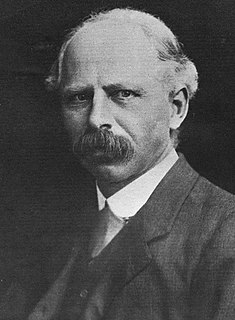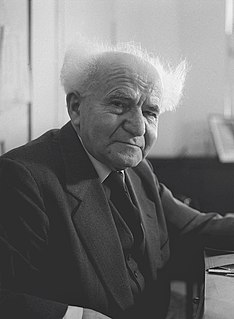A Quote by George Orwell
Language ought to be the joint creation of poets and manual workers.
Related Quotes
This word "description" may be disconcerting when used to refer to what is generally called a translation. But when one wishes to render a verbal creation (as opposed to a didactic statement) from one language to another, he is confronted with two equally unsatisfactory choices. He may, according to his talents, elaborate a similar, but never identical creation, or he may describe that creation as completely as possible in his own language.
That is a horrible thing in a way, but it is the one thing poets can bring back to experience, this intense focus on language, which activates words as a portal back into experience. It's a mysterious process that's very hard to articulate, because it's focused entirely on the material of language in a way, but in the interests not just of language itself whatever that would mean - that's the mistake, by the way, that so many so-called "experimental" poets make - but in service to human experience.
Many of the original New Deal programs required heavy manual labor. WPA workers built hundreds of schools, health clinics, roads, park facilities, and community centers. Much of what we now call our 'infrastructure' - highways, buildings, power plants, etc. - is here thanks to thousands of WPA workers.
This society in which knowledge workers dominate is in danger of a new "class conflict" between the large minority of knowledge workers and the majority of workers who will make their livings through traditional ways, either by manual work... or by service work. The productivity of knowledge work - still abysmally low - will predictably become the economic challenge of the knowledge society. On it will depend the ability of the knowledge society to give decent incomes, and with them dignity and status, to non knowledge people.
Whenever you see some business person quoted complaining about how he or she can't find workers with the necessary skills, ask what wage they're offering.
Almost always it turns out what said business person really wants is highly (and expensively) educated workers at a manual-labor wage. No wonder they come up short.
The organizer of industry who thinks he has 'made' himself and his business has found a whole social system ready to his hand in skilled workers, machinery, a market, peace and order - a vast apparatus and a pervasive atmosphere, the joint creation of millions of men and scores of generations. Take away the whole social factor, and we have not Robinson Crusoe with his salvage from the wreck and his acquired knowledge, but the native savage living on roots, berries and vermin.






































